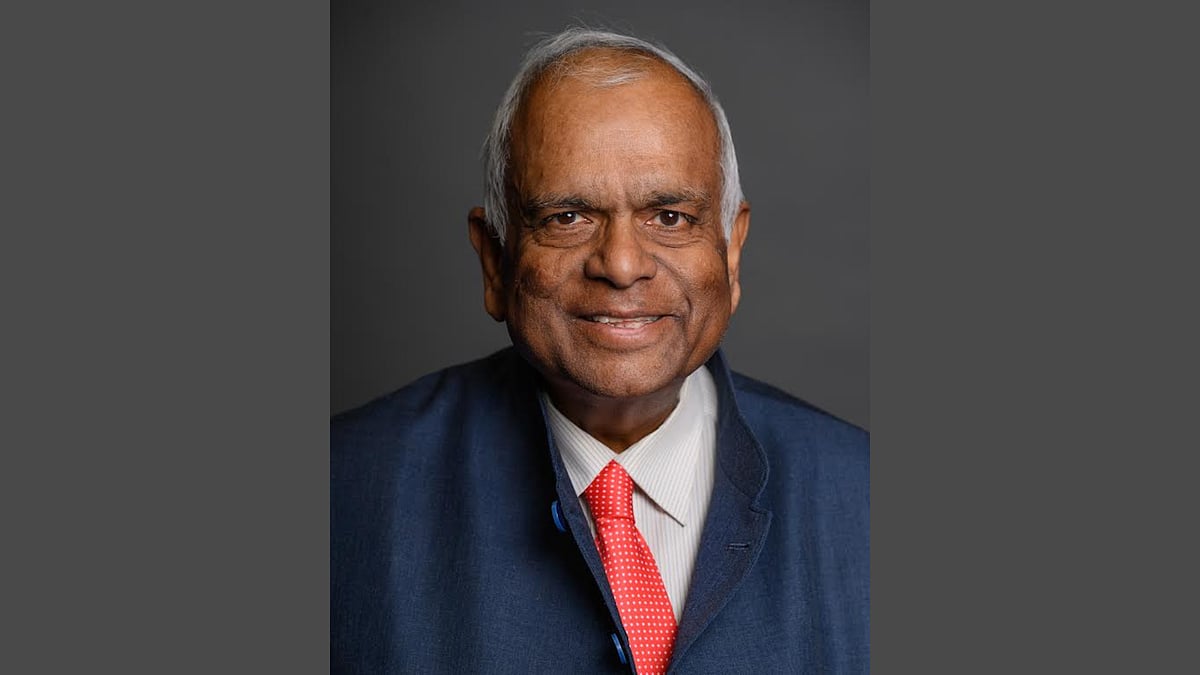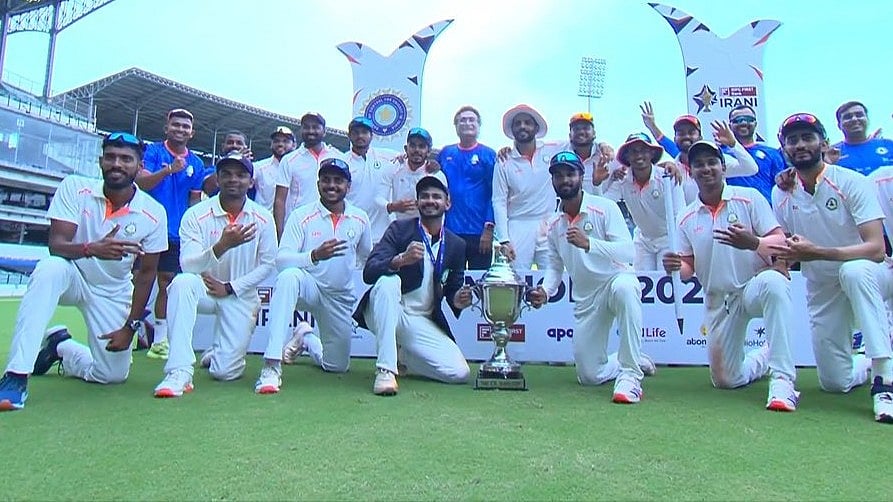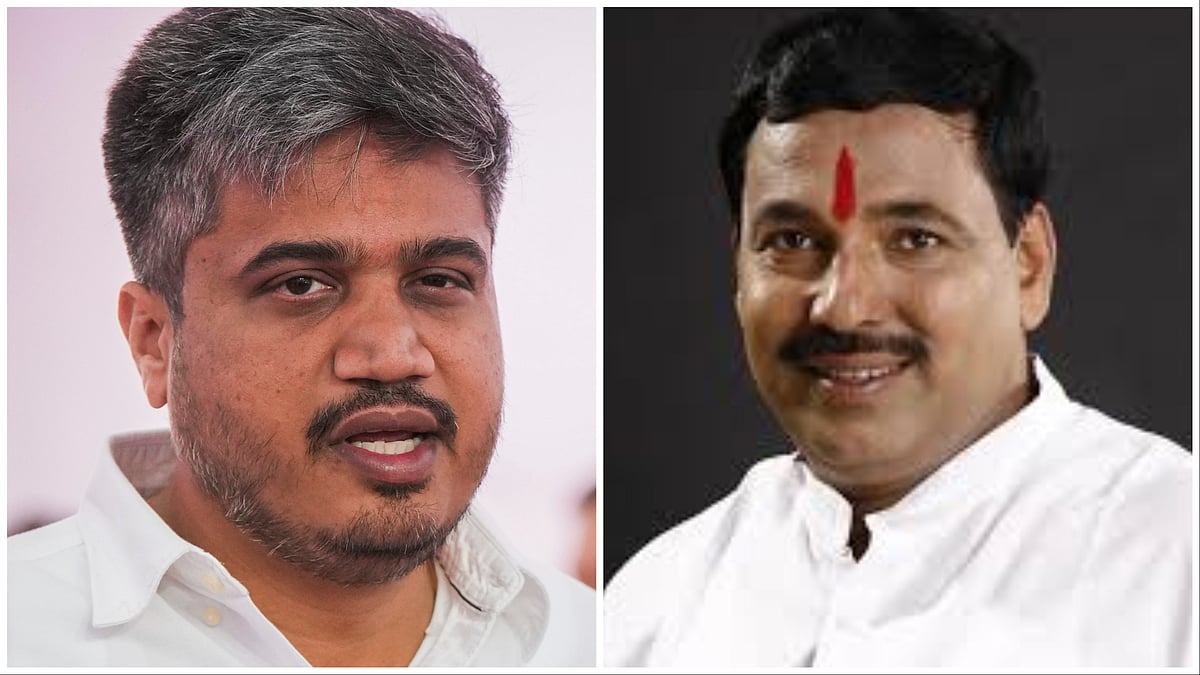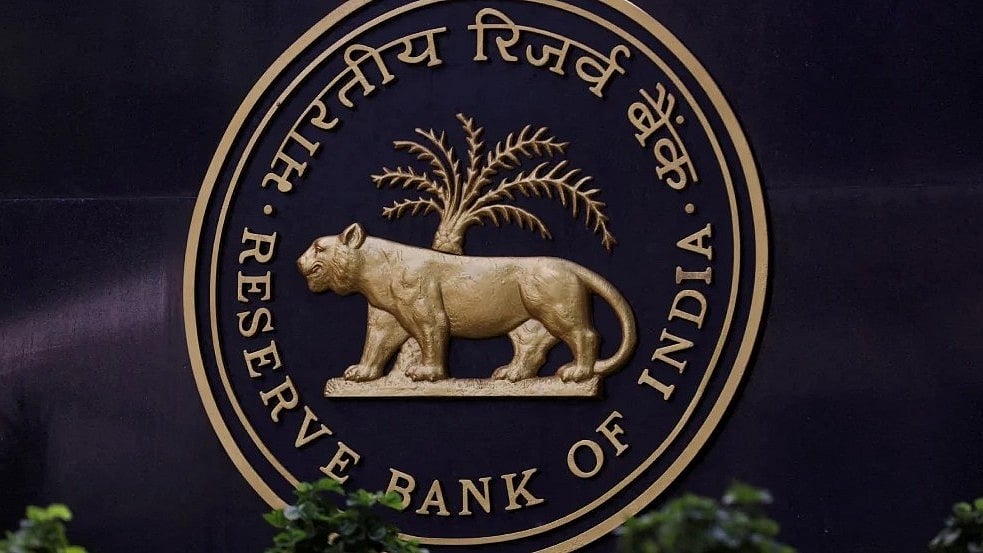Mumbai: Ayurveda—an ancient system of Indian medicine and lifestyle—is a blessing, but utter ignorance and apathy betrayed Indians, a US-based, renowned scientist, inventor and organic chemist Dr. Mukund S. Chorghade said here on Sunday.
Indians Misled By Apathy
Ayurveda is not only an absolute truth and principle, but also a blessing for sustainable human well-being.
Indian knowledge systems are remarkable, and our ancient philosophies and practices are unmatchable, and we must advocate them. However, ignorance and apathy, to a great extent, are misleading Indians, including the well-informed, and the illiterate alike—regardless of various age groups and generations. Creating awareness on Ayurveda among baby boomers, X, millennial, and Z generations must be a top priority of Indian policymakers.

The newest generation ‘alpha’ must learn from these four generations. Misinformation and disinformation have been triggering the wrong perception of Ayurveda since the 1920s,” Dr Mukund, who is also the founder of the prestigious THINQ Pharma concept and project, told Free Press Journal.
Principles of Ayurveda, scientist Dr. Mukund said, are far-reaching, and transformation of this rich tradition, in the new century needs quality research and development, that’s what the concept of THINQ does through its research.
Many a time, we see vested interest causes destruction. Ayurveda is bliss, and it can help societies achieve sustainable peace, and if rightly addressed, it can continue to deliver wonders to the humanity.
Dr Mukund calls for sustainable support from Prime Minister Narendra Modi’s government to develop Ayurveda as India’s pride, and transform it into a global human development science from ‘Viksit Bharat’, and make India’s philosophy of Vasudhaiva Kutumbakam (world family, since Vedic times), a reality.

On Indo-US relations, he said, it’s fundamentally people-to-people relationship, and people’s understanding matters the most. Democracy and politics, indeed, are here to stay, and democracy has no match on stage, and it’s in our DNA.
“Time is ripe for India to develop sustainable policies to safeguard Ayurveda as it’s one of the fastest- growing economies in the world and are the largest populated county with the best huge human capital pool, and it’s a golden opportunity for India to explore the untapped potential of Ayurveda.
“I foresee a renewed renaissance of Ayurveda in India, and I have been working on a unique project to invent new drugs and launch them in India,” emphasized Dr Mukund.
Conceptualized and invented by Dr Mukund, and guided by veteran scientists and Nobel laureates, THINQ project upholds an unconventional approach towards drug discovery. THINQ will align traditional Indian medicines and modern cutting-edge science to discover and deliver drug candidates with human proof of concept.
THINQ has concrete plans to enter India soon by launching full-fledged operations. Sir Dr Richard R. Roberts, Nobel Laureate, and Chief Scientific Officer, New England Biolabs; Professor Steven V. Ley, Department of Chemistry, Cambridge University, Cambridge, UK; and Eric N. Jacobsen, Department of Chemistry, Harvard University, Cambridge, are the scientific advisors of THINQ project.
“Ayurveda has been a lifestyle and way of life of Indians for centuries, and as we know, this science has a history of over 3,000 years, and its potential remains untapped in the new century. Post-independence, why has Ayurveda been ignored? World War II, pre-independence, waves of globalisation, extreme poverty, violence in the name of cast and creed, and education and healthcare challenges, and spread of dangerous pathogens, in fact, had eventually forced Indians explore and accept other forms of medicines and treatments, and first and foremost, survival mattered the most,” he continued.
Millions died from starvation and disease, food shortage, and the then British India wartime policies, had also had their impacts on weakening the growth of Ayurveda.
Commercilaisation Fuels Ignorance
Ignorance, Dr Mukund said, spreads when people do not understand, and radical commercialization by powerful businesses promoted ignorance, and sold their commodities and medicine and made people repudiate traditional medicine and practices. The then policymakers are also equally responsible for cultivating ignorance among people.
Corporates with vested interests exploited the ignorance factor of Indians, and people sadly fell into the damaged wells created by extreme commercialization and consumerism. The scenario remained widespread despite the country’s independence in 1947, and factors such as illiteracy, unemployment, and poverty added to the decline in acceptance of Ayurveda.
According to a World Bank report, economic growth has led to a substantial decrease in extreme poverty since the 1990s, but the issue still persists, particularly in rural areas, with estimates showing 129 million people still living on less than Rs 200 per day in 2024. Earlier, the World Bank had said that extreme poverty in India had declined to 167.49 million by 38 million in 2021 after growing in the preceding two years.
“THINQ “intends to leverage knowledge derived from Indian traditional medicine and products with hundreds of years, even ages, record for safety and efficacy. Unlike the current practice of R&D, THINQ’s drug discovery practice will perpetually be plant derived natural products. We integrate bedside documented experiential clinical data from plants used in Indian traditional medicine—Ayurveda and Siddha."
"The current and conventional practices of drug discovery and development are plagued with high failure rates, long timelines, high cost, and poor quality of chemical series. We are in the process of discovering sustainable natural solutions to conquer almost all health issues, including obesity,” concluded Dr Mukund, with 35 years of experience in drug discovery and development.










